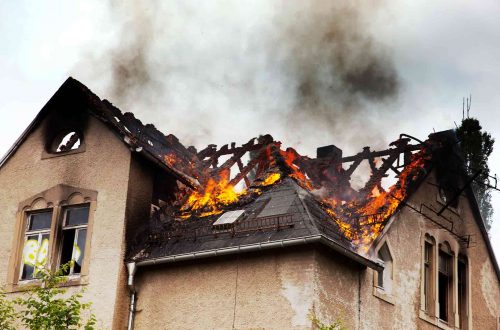Climbing Kilimanjaro is a strenuous activity that occurs over lots of days. Therefore anyone who involves Tanzania to tackle the mountain should be in the best form possible. Like other things in life, many people set an objective and go full push. Others not really much. Although some will participate in comprehensive training regimens to get ready because of their climb, others will scarcely matter themselves with such issues.
But can a person who is unfit and doesn’t coach succeed in achieving the top of Kilimanjaro – the highest free ranking mountain on the planet?
To answer this, let’s first speak about what Climbing Kilimanjaro encompasses. Through the entire journey, we hike at a poor, steady pace. A glance at some of our trip itineraries will show that the distance covered each day averages around five miles. Enough time on the trail, including meal and leftovers breaks, averages around six hours per day. This is a relaxed pace of significantly less than one mile each hour on a recognised path. By trekking specifications, these days would not be categorized as “strenuous.” Given these brief distances and time frames, it seems certainly possible that an unfit, untrained person could climb Kilimanjaro – at least until high camp.
The summit attempt is some other story. The ascent is made at night, around midnight. Climbers eat an early meal and retire in their tents for 4 or 5 time. At an altitude of 15,000 foot, it isn’t easy to sleeping well. Therefore the day commences with most people being fired up and rest deprived. The hike to the summit needs 6-8 time with an elevation gain of 4,000 ft. It will always be wintry and windy. After reaching the summit and a joyous party, there’s a long descent right down to 10,000 foot, which will take 4-6 hours.
This is an exhausting day, and just what makes climbing Kilimanjaro a genuine challenge. Lower limbs, lungs, joints, and mental durability are examined for even the most able physiques. The probability of an unfit person having the ability to complete this area of the hike fall sharply to be in physical form unprepared magnifies these obstacles. But it’s not out of the question for individuals to will themselves to complete. We’ve been amazed by troublesome clients many times.
But let’s consider the result of altitude. The factor that inhibits most folks from getting Uhuru peak is not the physical facet of trekking itself. It’s the shortcoming to acclimatize to altitude. And there is absolutely no way to triumph over it by being tough. If you develop anything more than mild symptoms of severe mountain sickness (AMS), you ought not continue climbing.
Ultimate Kilimanjaro® guides monitor every client throughout the hike to ensure they are acclimatizing to the change in elevation. If you have worsening AMS symptoms, our manuals will move you around on your own safety. AMS is the largest killer on Mount Kilimanjaro and we’ll not take chances if your wellbeing is in question.
AMS can punch anyone. But by being fit, you give the body the best chance to acclimatize. How? Anything that the body is put through takes a few of its energy. The take action of hiking, hauling a pack, eating different food and water, sleeping in tents, the changing time area, the doubt of a new activity, etc. – are all stressors that can impair the body. The goal is to reduce these other factors therefore the body can give attention to the main one big stressor this is the most likely to get rid of your climb – the altitude. While some factors, like the weather, are out of your control, planning your heart, muscles, joints and mind for climbing is completely inside your control.
A nonchalant attitude about climbing Kilimanjaro can get you into trouble, or worse. Please do not go from sitting in a cubicle for many years to trekking at high altitude on a hill that claims lives every year. It’s simply careless, irresponsible and disrespectful.
We recommend training for at least 8 weeks prior to approaching to Tanzania. If you’re already in trekking shape, great. If you know you are lagging in fitness, start your training previously. Climbing Kilimanjaro has its hazards. When you are fit, you give yourself the best chance of climbing securely and successfully.



